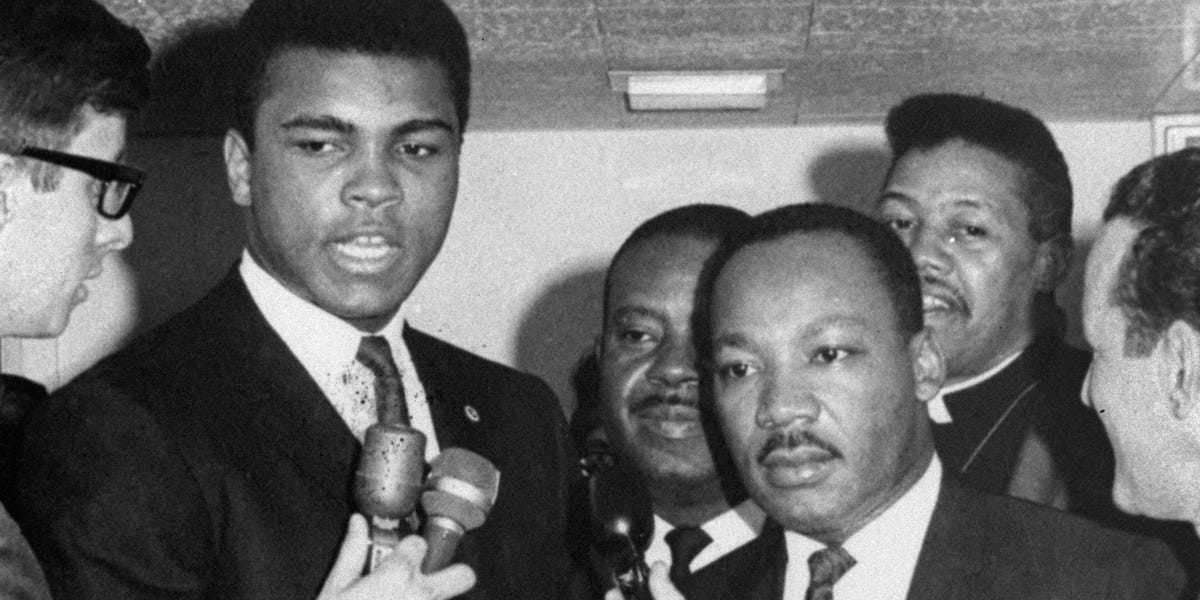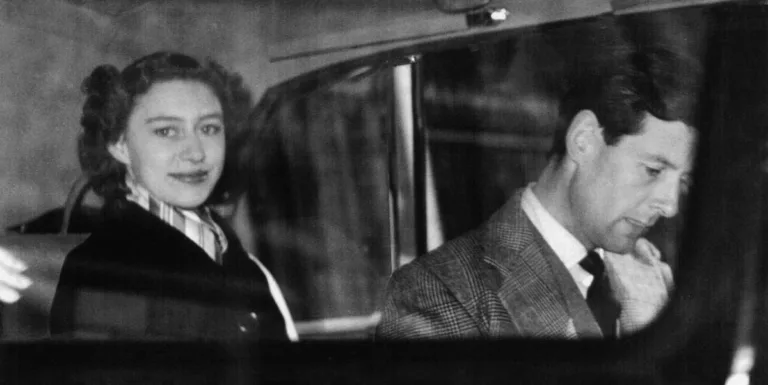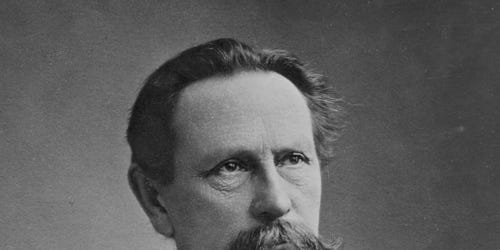The story of Martin Luther King Jr. and Muhammad Ali is one that transcends the boundaries of their individual legacies. While they are remembered as titans in their respective fields – King as a champion of civil Rights Through Nonviolent Resistance, and Ali as a boxing legend Who Defied Societal Norms – their relationship reveals a deeper connection forged in the crucible of social change.
These two iconic figures, though often portrayed as polar opposites, shared a profound understanding of the struggles faced by African Americans during the tumultuous 1960s. Despite differing views on race relations and social change, their paths intertwined through a shared commitment to justice and equality. They found common ground in their outspoken opposition to The Vietnam War, recognizing its devastating impact on both the nation and marginalized communities.
Their friendship, often kept private due to the societal pressures of the time, offers a glimpse into the complexities of human connection amidst profound social upheaval. Through their shared activism and personal conversations, revealed through Fbi surveillance files, we see the powerful bond that existed between these two extraordinary men who dared to challenge the status quo and fight for a more Just World.
A Complex Friendship
Their relationship wasn’t a simple one; it was a complex tapestry woven with threads of agreement and disagreement. While King championed integration through nonviolent protest within the civil rights movement, Ali, initially aligned with The Nation Of Islam, espoused Black separatism. These contrasting viewpoints could have easily created a chasm between them, but instead, they found common ground in their shared experiences and unwavering commitment to Social Justice.
Despite their differing philosophies, Martin Luther King Jr. and Muhammad Ali respected each other’s convictions. They engaged in open and honest conversations, Challenging Each Other’s perspectives while always maintaining a deep sense of mutual respect. This willingness to engage in dialogue, even when it was uncomfortable, speaks volumes about the strength of Their Bond.
Their friendship transcended ideological differences because they both understood the urgency of the fight for equality. They recognized that despite their varying approaches, their ultimate goals were aligned: to dismantle systemic racism and create a more just society for all. This shared purpose served as a Powerful Unifying Force, binding them together in a unique and enduring friendship.
Opposing Views on Race Relations
Though united in their fight for Civil Rights, Martin Luther King Jr. and Muhammad Ali held contrasting views on the best path to achieve Racial Equality. King, a Baptist minister deeply rooted in Christian principles of love and nonviolence, advocated for integration and peaceful resistance Against Segregation. He believed that through protests, boycotts, and courageous acts of defiance, they could persuade white Americans to embrace equal rights for all.
Ali, on the other hand, initially aligned himself with The Nation Of Islam, a Black nationalist movement that promoted self-reliance and separatism. He believed that true liberation required African Americans to establish their own institutions and communities, Independent From White Control. This stance, while rooted in a desire for autonomy and empowerment, differed significantly from King’s vision of a racially integrated society.
Despite these ideological differences, both men recognized the urgency of Addressing Racial Injustice. Their divergent approaches stemmed from different lived experiences and interpretations of history. They understood that achieving true equality Required Multifaceted Strategies, and while their paths diverged, they ultimately shared the same goal: to dismantle the systemic racism that plagued America.
 Zach Bryan Army: Navy Service, Music Career & Rise to Fame
Zach Bryan Army: Navy Service, Music Career & Rise to FameShared Activism Against The Vietnam War
The Vietnam War became a galvanizing issue that brought Martin Luther King Jr. and Muhammad Ali together in their shared opposition to the conflict. Both men recognized the devastating human cost of the war, both at home and abroad, and condemned its disproportionate impact on Marginalized Communities.
King, a vocal critic of the war from an early stage, argued that it diverted resources from addressing pressing social issues within America and fueled racial tensions. He believed that the government’s focus on military expansion came at the expense of domestic progress, particularly for African Americans who faced continued discrimination and poverty. Ali, facing intense public scrutiny for his refusal to be drafted, echoed King’s sentiments. His outspoken stance against the war resonated with many young people who were disillusioned by the conflict.
Their shared activism against The Vietnam War demonstrated a powerful convergence of Their Beliefs. Despite their differing views on race relations, they found common ground in their opposition to a war that they saw as unjust and morally reprehensible. Their voices, Amplified Through Speeches, interviews, and public demonstrations, helped to shift public opinion against the war and fueled the growing anti-War Movement.
The Power Of Their Bond
The story of Martin Luther King Jr. and Muhammad Ali transcends the boundaries of their individual legacies. It reveals a powerful bond forged in the crucible of social change, a friendship that defied societal pressures and offered a glimpse into the complexities of human connection amidst profound upheaval. Their shared activism, Unwavering Commitment To Justice, and willingness to challenge the status quo created a unique synergy that amplified their impact on American society.
Their relationship reminds us that even those with differing viewpoints can find common ground in their pursuit of a common goal. It demonstrates the power of dialogue, Mutual Respect, and a shared vision for a Better Future. Martin Luther King Jr. and Muhammad Ali’s friendship serves as an enduring testament to the transformative power of human connection, proving that even in times of division, unity and understanding can prevail.
Their story continues to inspire us To Bridge Divides, Embrace Our Differences, and work together towards a more just and equitable world.
Legacy of Social Justice
The legacy of Martin Luther King Jr. and Muhammad Ali extends far beyond Their Individual Accomplishments. Their lives and work continue to inspire generations to fight for social justice, equality, and human dignity. They serve as powerful reminders that even in the face of adversity, courage, conviction, and compassion can pave the way for transformative change.
King’s dream of a nation where people are judged not by the color of their skin but by the content of their character continues To Resonate Deeply. Ali’s unwavering commitment to speaking truth to power and challenging societal norms remains a beacon of hope for those who strive for a more Equitable World. Their combined legacy serves as a testament to the enduring power of activism, the importance of standing up for one’S Beliefs, and the transformative potential of human connection.
Their stories remind us that the fight for justice is ongoing, requiring constant vigilance and unwavering dedication.










